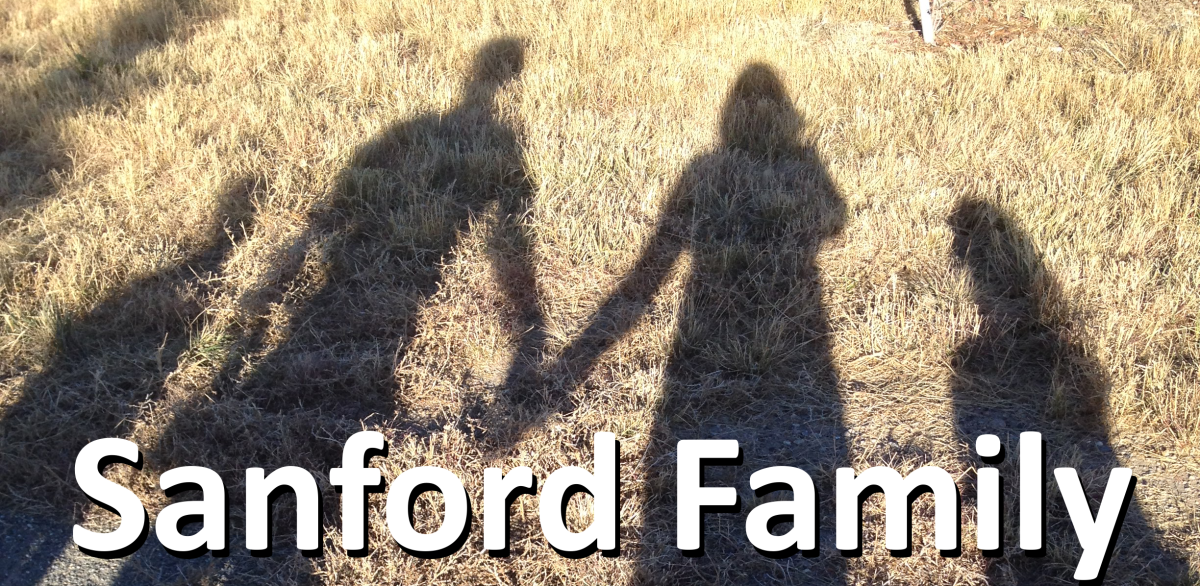Missional is one of the hottest terms in the church. And if you were to ask ten people you would get eleven or twelve definitions. So below is my attempt at explaining how we are Missional and how we intend for our church to be Missional.
Missional is not a program. Missional is a lifestyle. We will have missions as part of our church but we are to live on the mission of God daily. This mission includes loving our neighbors, serving others, and discipling our children. All of those things require daily considering others better than ourselves, laying our lives down and being a servant just like Jesus.
In our increasingly secular world we need to live more like the first century church than the nineteenth century church. The first century church lived in community with other believers, lived in the margins of society, and served God through their lives.
Missional is not something that can be learned from a weekend seminar; it is something that must be lived out and caught rather than taught. We are building the foundation for our church by practicing these same principles. We will infuse the Missional lifestyle into our Missional Communities through serving the community in a way the group is gifted and by serving other members of the group.
One of the other tenets of Missional is seeing all Christ followers as the priesthood of believers. Too many times we rely solely on the paid professional holy men to minister, serve and provide discipleship. But the Bible is clear that all believers are Saints, Ambassadors, Servants, and Disciple Makers. Part of being Missional is seeing ways we can minister to others, lead them toward Jesus and live completely for Christ.
The journey toward Missional living has consumed much of my thoughts and struggles over the last four to five years. I am excited to have an idea of how to live, love and lead. And I am excited to see how God will use this type of life to build His kingdom and His church.
